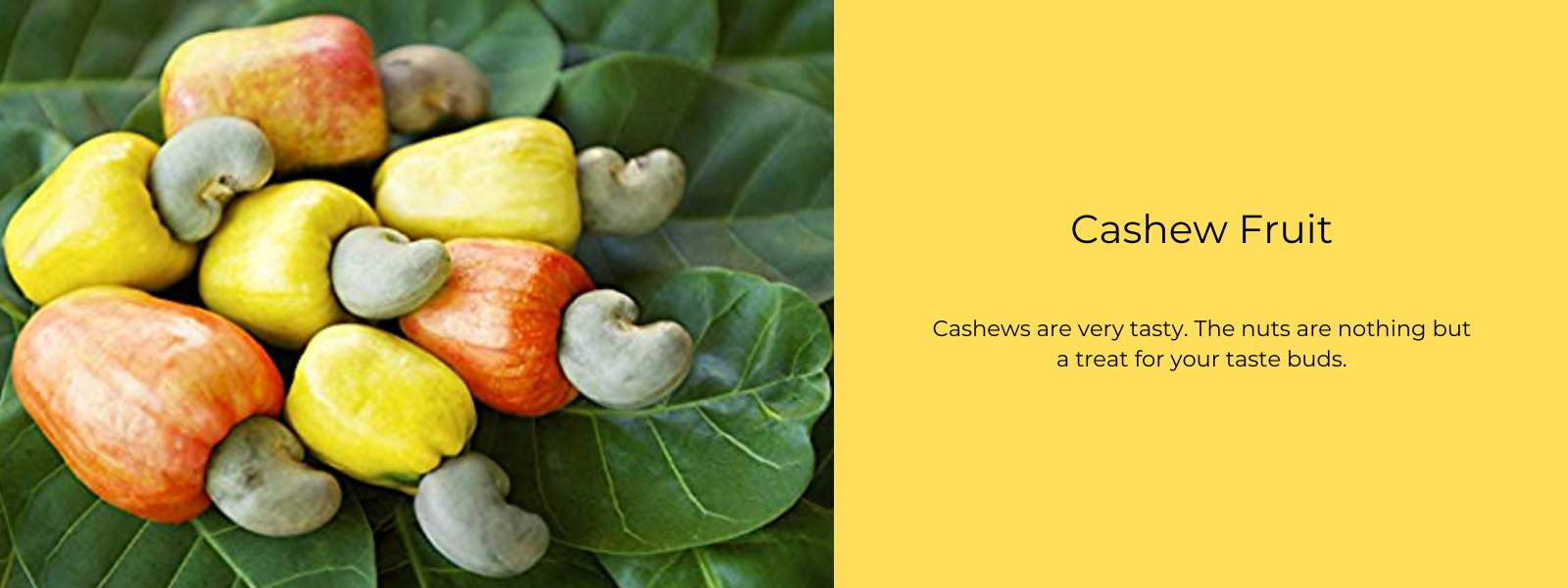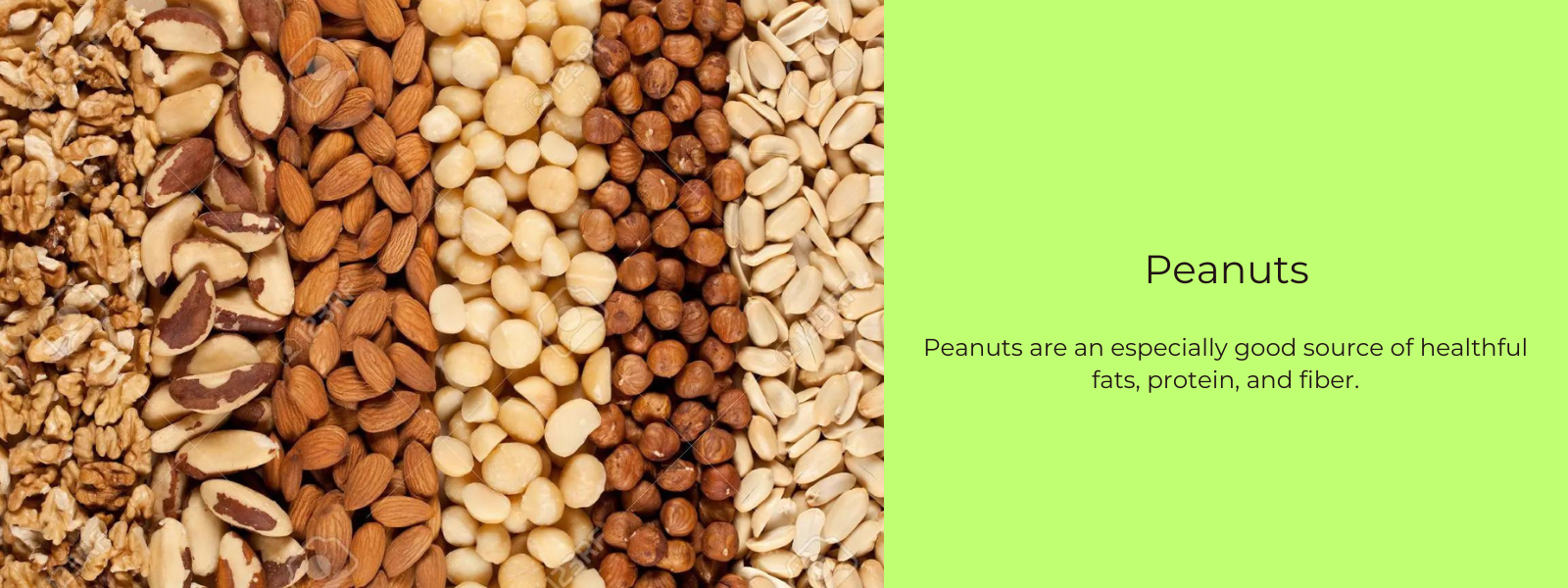Nut butters are gradually displacing cream cheese, mayonnaise, and other popular spreads on bread, and with good reason.
Nut butters include a variety of nutrients, such as fibre, protein, phosphorous, zinc, B vitamins, and vitamin E. Monounsaturated lipids in nut butters are heart-healthy. These fats contribute to higher HDL cholesterol, the good type, while keeping LDL cholesterol, the evil type, under control.
Table of Contents
- What is nut butter?
- Types of nut butter:
- Peanut butter
- Cashew butter
- Hazelnut butter
- Pistachio butter
- Walnut butter
- Almond butter
- Macadamia nut butter
- Sunflower seed butter
- Health benefits of nut butter:
- Rich in nutritious lipids
- Protein dense
- Source of dietary fibre
- Vitamins and minerals abound
- Versatility
What is nut butter?
Nut butter is an easy to spread food consisting of almonds and other nuts ground into a paste. The outcome has a substantial amount of lipids and can be applied like butter, but is unrelated in all other respects.
Types of nut butter:
Peanut butter
Perhaps the most popular variety of nut butter accessible is peanut butter. Peanuts are roasted and then pulverised into a buttery or crunchy paste.
Peanut butter is rich in protein, fibre, and healthful fats. It is also an excellent source of vitamins and minerals, including magnesium, vitamin E, and potassium. Peanut butter complements smoothies, muesli and sandwiches well.
Cashew butter
Cashew butter is created from pulverised cashews and has a smooth, creamy consistency and a flavour that is both sweet and buttery. Cashew butter is rich in nutritious lipids, protein, and fibre.
It is also rich in magnesium that's essential for bone and muscle health. The use of cashew butter in condiments, dressings, and smoothies is highly recommended.
Hazelnut butter
Hazelnut butter is composed of powdered hazelnuts and has a robust, nutty flavour. It is rich in nutritious lipids, protein, and fibre. Additionally, hazelnut butter is rich in vitamin E, a potent antioxidant that protects cells from oxidative injury. This butter is an excellent addition to baked pastries, smoothies, and toast.
Pistachio butter
Pistachio butter is extracted from pulverised pistachios and exhibits a distinctive green hue and mildly sweet, nutty flavour.
Pistachio butter is rich in nutritious lipids, protein, and fibre. In addition, it is rich in potassium, which is essential for maintaining an appropriate blood pressure level. Pistachio butter is an excellent complement to baked goods, smoothies, and toast.
Walnut butter
Walnut butter is a different nut butter prepared from ground walnuts that has a robust, earthy flavour.
It is rich in nutritious lipids, protein, and fibre. Additionally, this butter is rich in omega-3 fatty acids that are essential for heart and mental health. Walnut butter is an excellent complement to smoothies, salads, and crostini.
Almond butter
Almond butter, made from ground almonds, is another type of nut butter and an excellent substitute to peanut butter.
It is rich in healthful fats, protein, and fibre, and has a slightly sweeter, nuttier flavour than peanut butter. Additionally, almond butter is a great source of vitamin E, a potent antioxidant that protects cells from oxidative injury. Almond butter is often used in baked goods, smoothies, and on toast.
Macadamia nut butter
Macadamia nut butter, one of the varieties of nut butter, is derived from ground macadamia nuts and boasts a buttery flavour and smooth texture.
It is rich in nutritious lipids, protein, and fibre. Additionally, macadamia nut butter is rich in monounsaturated fats that are advantageous for heart health. This nut butter makes an excellent addition to baked pastries, smoothies, and toast.
Sunflower seed butter
Sunflower seed butter is a variety of nut butter prepared from ground sunflower seeds, with a nutty flavour and a creamy consistency.
It is a suitable substitute for people who have nut allergies, as it contains no nuts. Sunflower seed butter contains nutritious lipids, protein, and fibre. Vitamin E, a potent antioxidant which assists in shielding cells from injury, is also abundant. Sunflower seed butter goes well in smoothies, on toast, and as a condiment for fruits and veggies.
Health benefits of nut butter:
Rich in nutritious lipids
Nut butters are an excellent source of healthful fats, which are essential for good health. They are abundant in monounsaturated and polyunsaturated fats, which have been shown to promote heart health and reduce inflammation.
Protein dense
Additionally, nut butters are a great source of protein that's essential for developing and repairing tissues. Additionally, protein helps you feel full and satiated, preventing overeating.
Source of dietary fibre
Nut butters are an excellent source of fibre, which is essential for digestive health and can reduce the risk of chronic diseases such as heart disease as well as type 2 diabetes.
Vitamins and minerals abound
Additionally, nut butters are abundant in vitamins and minerals, such as magnesium, potassium, vitamin E, and calcium. These nutrients are essential to sustaining overall health and support multiple physiological processes.
Versatility
Nut butters are extremely versatile and can be utilised in numerous dishes, such as smoothies, baked products, sauces, and as a topping on toast. This facilitates their incorporation into the diet and enjoyment of their health benefits.











Leave a comment